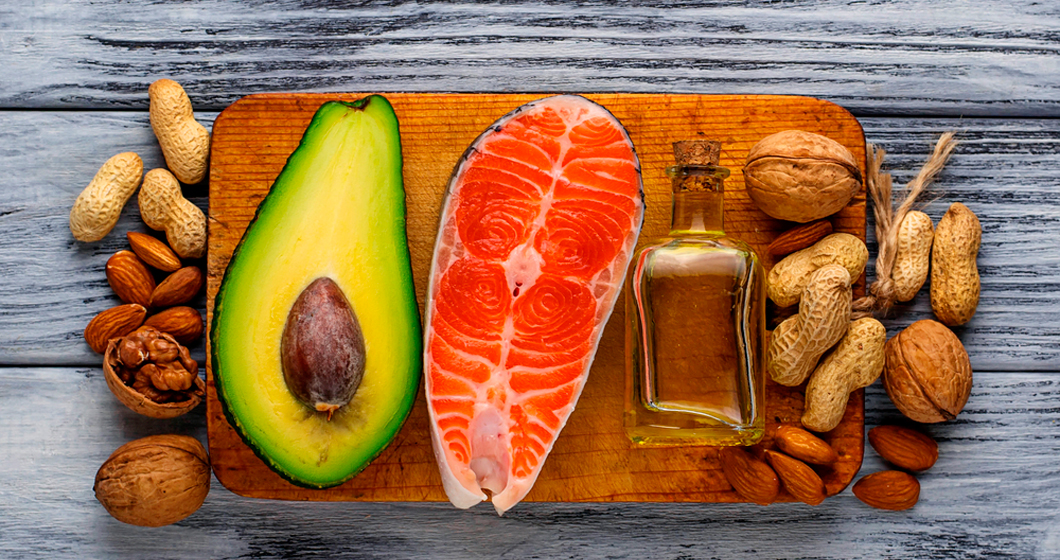We’ve seen the rise and fall of many diets – low fat, gluten free, 5:2, Atkins and Paleo. According to Google trends, the most popular and latest fad is the ketogenic diet.
We looked into the science behind the diet including the macros (protein, carbs, fat) and found that fat is king. Like many current diets, the ketogenic diet is another low-carb approach, but protein is consumed in moderation and fat is the dominant macro.
Why fat?
When we consume fat as the primary fuel source the body must learn to break it down and use it as the main source of fuel. The conversion of fat to energy creates byproducts that are referred to as ‘ketone bodies’. These ketone bodies are made by the liver from fatty acids and this process is called ketosis and provides energy for the body. When the carbohydrate intake is reduced to around 10 per cent of total energy, the body will enter ketosis.
Will it help me lose weight?
Like most diets that are adhered to correctly, the ketogenic diet can result in weight loss. Interestingly, this diet will lead to a reduced appetite, which is both a side effect of metabolising ketones and the ‘filling factor’ that fat and protein have. The weight loss is a result of depleted muscle and liver glycogen stores, a water loss that is coupled with the glycogen stores and in most cases, a lower energy intake.
The down side? Short-term side effects of ketosis can include fatigue, bad breath, nausea, constipation and headache.
Is it sustainable?
A ketogenic diet is extremely difficult to adhere to and you will be drastically reducing valuable and nourishing foods from your diet – fruits, vegetables, dairy products and grains are all limited. Adhering to 20-50g of carbohydrates is not easy and eating large amounts of fats can be tricky for some people.
You need to understand fat intricately and know which fats are best for your body. Strictly limiting certain foods makes it near impossible to meet nutrient and fibre requirements without supplementation. It also means calculating and keeping track of everything you eat… and for most people, this is too hard.
The fibre in whole grains, fruit, vegetables, and legumes keep our gut and bowel healthy. We need to consume at least 25g of fibre for women and 30g for men. Being on a ketogenic diet will make it harder to meet these targets. Cue constipation and irregular bowel habits.
Is it for me?
Unless you love keeping track of everything you eat and have a solid understanding of nutrition (the role of macro nutrients and micro nutrients), it’s probably not for you. I would not recommend this diet to someone who does not have a healthy relationship with food nor a deep understanding of nutrition.
Long term efficacy and safety of the diet are unknown, having only been studied in the short-term. Sure you can try reducing your intake of refined carbs and boosting your fat intake to help you feel fuller for longer, but this is something that should be guided by an accredited practising dietitian, who can ensure you are clear about how to approach a diet like this (ideally a modified version) in a safe and sustainable way.






